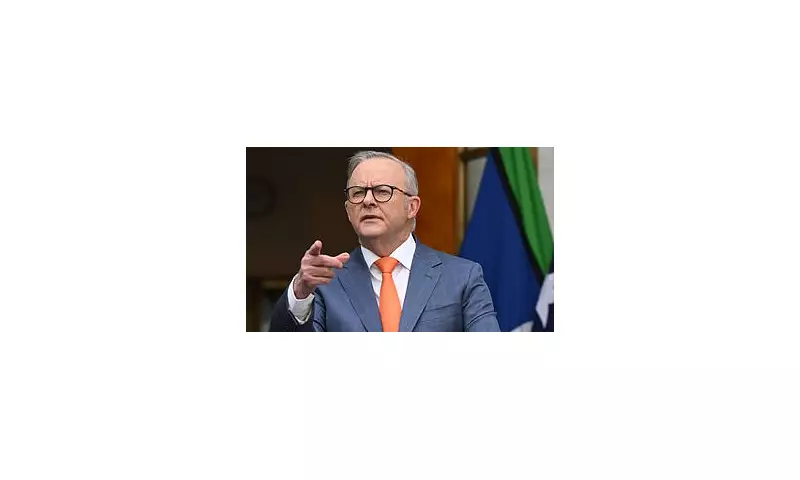
A damning new report has laid bare the extraordinary financial burden Australian politicians place on the public purse, revealing that each federal representative costs taxpayers a staggering AU$2.1 million (£1.1 million) per year to maintain.
The analysis, conducted by the independent Parliamentary Budget Office, exposes Australia as operating one of the world's most expensive democracies. The figures have sparked outrage among taxpayers and calls for urgent reform of political entitlements.
The Breakdown: Where Does The Money Go?
While base salaries for backbenchers sit at approximately AU$217,000 (£113,000), the true cost multiplies dramatically when additional entitlements are factored in:
- Staffing allocations: Up to four full-time employees per politician
- Travel allowances: Extensive domestic and international travel provisions
- Electorate expenses: Office maintenance, utilities, and constituency resources
- Accommodation: Generous allowances for politicians requiring second residences
Global Comparison: How Australia Measures Up
The report highlights that Australian politicians cost significantly more than their international counterparts. Compared to the British system, where MPs cost approximately £276,000 annually, Australia's political representation comes at a premium of nearly four times the expense.
This places Australia at the top of the global table for political costs, raising serious questions about sustainability and value for money.
Public Backlash and Calls for Reform
The revelations have ignited fierce debate across Australian media and political circles. Taxpayer advocacy groups have expressed shock at the figures, particularly amid a worsening cost-of-living crisis affecting ordinary citizens.
"At a time when families are struggling to pay their bills, these figures are nothing short of scandalous," stated one consumer advocacy spokesperson.
Calls are growing for a comprehensive review of political entitlements, with suggestions ranging from reducing staffing allocations to tightening travel and expense rules.
The Defence: Complexity of Governing a Continent
Some political analysts have offered context for the high costs, noting that Australia's vast geography and relatively small population create unique challenges. The distances politicians must travel to represent their constituents and attend parliamentary sessions in Canberra contribute significantly to expenses.
However, critics argue that this explanation doesn't fully account for the enormous disparity between Australian political costs and those of other large countries with distributed populations.
As the debate continues, one thing remains clear: Australian taxpayers are funding what may be the world's most expensive political class, sparking urgent conversations about transparency, accountability, and value in the nation's democracy.





